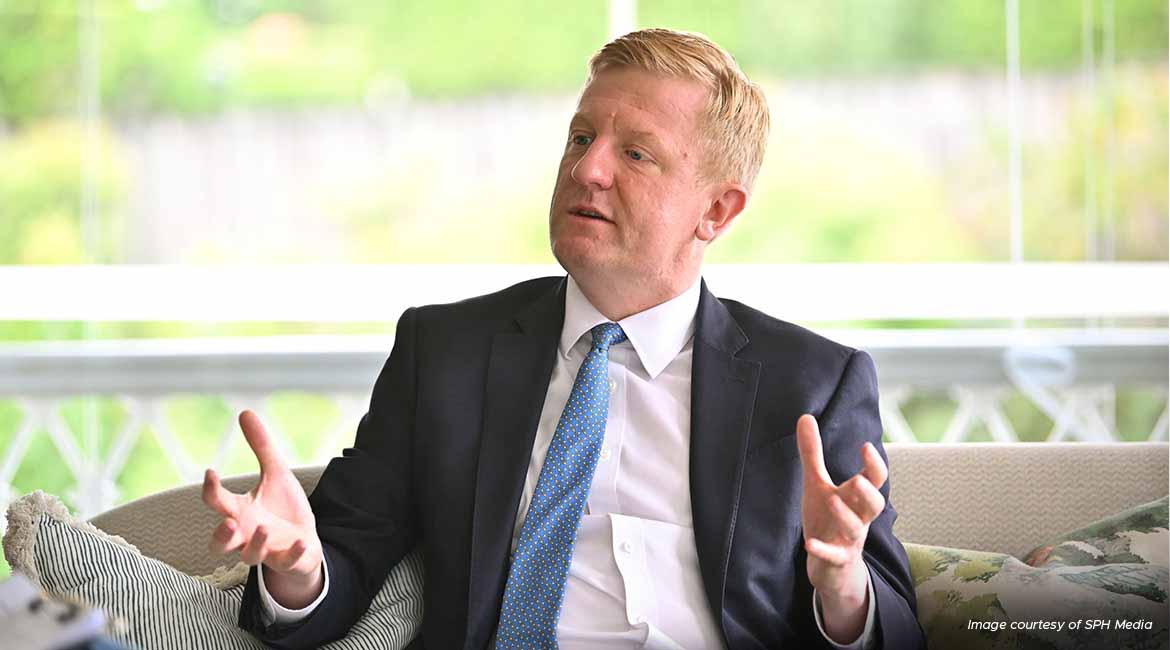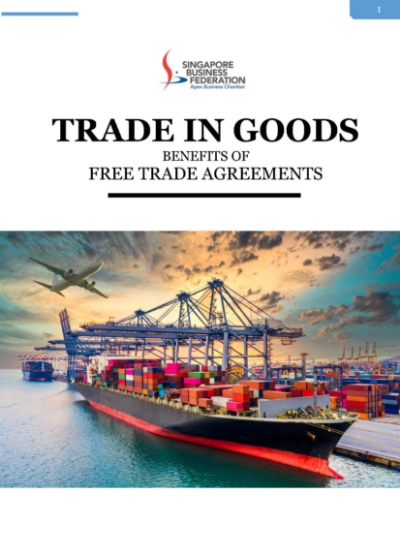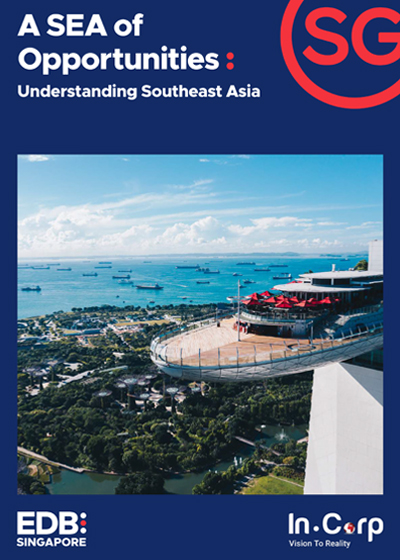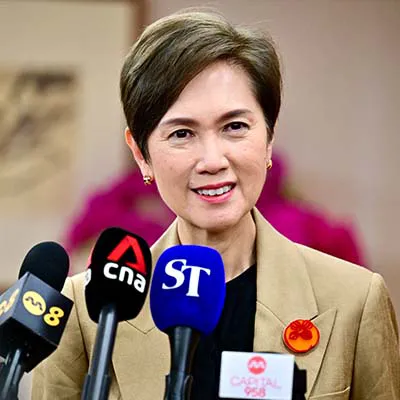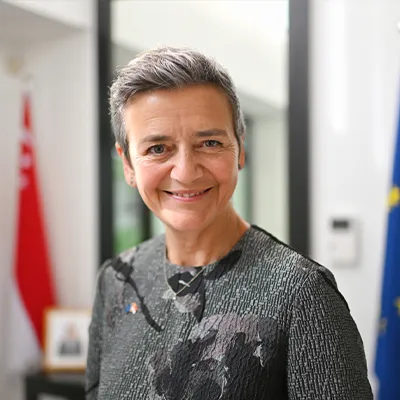Britain is a powerhouse in emerging technology, said Mr Dowden, who previously served as the country’s digital secretary.
“We have a trillion-dollar tech economy and more unicorns (companies valued at more than US$1 billion or S$1.35 billion) than anywhere else in Europe, more than France, Germany and Sweden combined,’’ he pointed out.
He added that in the field of AI, which is poised for a revolution over the next five years, the three labs that are at the frontier of the industry – OpenAI, DeepMind and Anthropic – “have a presence in the UK, the only country outside the US where they do“.
Singapore also has significant strengths, said Mr Dowden. For example, its AI Verify regulation – which is an AI-governance testing framework and toolkit for companies – “is world leading”.
Britain and Singapore can combine their strengths, help to shape the global architecture of AI and attract investments to both countries, he said, adding that AI-related initiatives featured prominently in his discussions with Prime Minister Lee Hsien Loong, Deputy Prime Minister Lawrence Wong, Singapore’s investment company Temasek and sovereign wealth fund GIC.
Post-Brexit, Britain is also upgrading its relationships across Asia, said Mr Dowden. Besides its bilateral FTAs with Australia, Japan, New Zealand and Singapore, it has joined the Comprehensive and Progressive Agreement for Trans-Pacific Partnership (CPTPP) as the trade grouping’s 12th member.
Although Britain already had bilateral trade agreements with most CPTPP members and its own government estimated that its accession to the agreement would add less than 0.1 per cent to its gross domestic product over 15 years, Mr Dowden pointed to several potential benefits.
“Ninety-nine per cent of our trade with CPTPP members is now tariff-free, and for the first time, we’ve got a free-trade agreement with Malaysia,” he said.
Moreover, joining the CPTPP “enables the UK to be a strong free-trade voice within that group. And most importantly, it is a statement of intent about the UK’s commitment to the Indo-Pacific and the wider Pacific. It is entrenching us in this region for generations to come.”
The move also enables Britain to play a part in the Asia-Pacific community, he added, alongside its status as a dialogue partner in ASEAN, and its commitment to defence and security in this region through Aukus, a security pact involving Australia, the United Kingdom and the United States.
“The UK isn’t just saying it is committed to Southeast Asia – we’re doing it,’’ he said.
